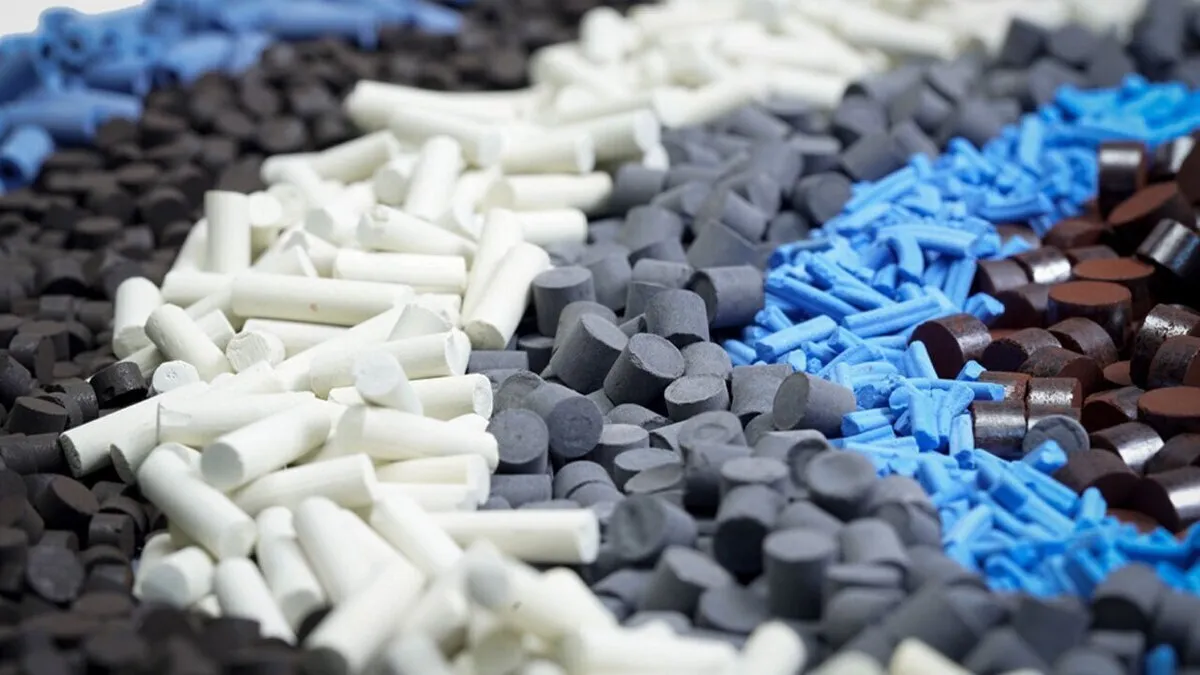Nanocatalysts Enjoy 20% Share of Iran's Nanotechnology Market

“Nanocatalysts have a 20% share of Iran’s nanotechnology market,” the INIC reported.
“At present, 17 nanotechnology companies are active in the two fields of oil and gas and auto-making in Iran which have succeeded in winning one fifth of the country's nanotechnology market,” it added.
The report noted that 65% of nanotechnology companies operate in the oil and gas sector and 35% in the automobile sector, adding that the market volume of catalysts in the oil and gas sector is 65% and in the auto-making sector is 44%.
The INIC had also reported in December that a technological company in Iran produces various types of nanocatalysts, including active alumina catalyst (conversion claus catalyst), active alumina catalyst modified by iron (oxygen scavenging type), and sulfur recovery catalyst.
The company’s production has met the country’s needs for such products, the report said.
The company’s catalysts have already been used in different refineries and gas fields such as Ilam Refinery Co, Shahid Hasheminejad gas refinery, different phases of South Pars gas field and Khark Petrochemical company, the INIC report added.
Sulfur compounds such as hydrogen disulfide are toxic and corrosive and must be separated from petroleum compounds. For the sweetening of sour gases, sulfur-containing compounds must be removed from petroleum products. One of the methods is to burn sulfur, which comes with environmental risks, and sulfur recovery can be utilized instead.
The Claus process is the most significant gas desulfurizing process, recovering elemental sulfur from gaseous hydrogen sulfide, in which sulfur is extracted from hydrogen sulfide in natural gas and in gases that are produced as side products during crude oil refining. Claus recovery can remove 92-95% of sulfur. The sulfur product obtained from this method can also be used, which is economically beneficial.
With the improvements made in activate alumina and the use of nanotechnology, advanced types of this product are used as the main catalyst in the sulfur recovery process using the Claus method. Activate alumina is one of the most widely used absorbent materials in various industries and has been employed for a long time in compressed air, oxygen generation, chlorine, fluorine and arsenic removal from gaseous and liquid compounds.
According to the INIC report, the company has produced and offered to the market different kinds of catalysts, anti-wear liners, active alumina, gamma alumina, alpha alumina, various types of alumina and silicate ceramics, which are considered strategic products in the oil, gas, petrochemical, non-metallic mineral industries, steel and mining inductors.
These products have come out with unparalleled features in terms of efficiency and have replaced many previously imported products in various industries. Catalysts such as alumina and silicate ceramic balls in the oil, gas and petrochemical industries, sulfur recovery catalysts in the Claus sector of gas refineries, reforming catalysts in the steel industry, gamma alumina and alpha alumina in the industrial and engineering ceramics industry, alumina anti-wear liners as the best substitute for Hardex steels. which previously were used in steel and mining industries and were highly expensive.
4155/v





















